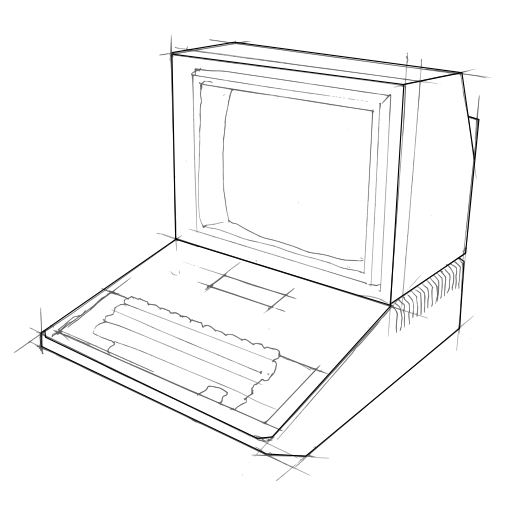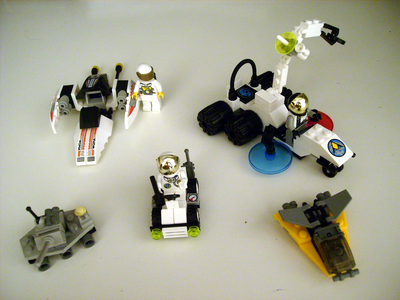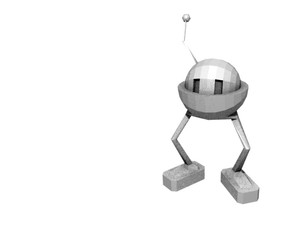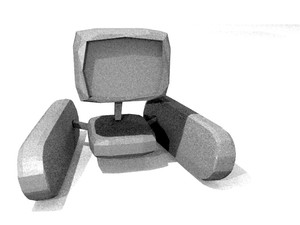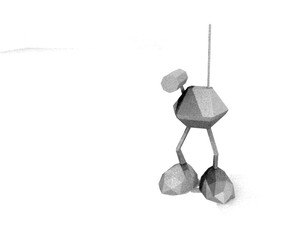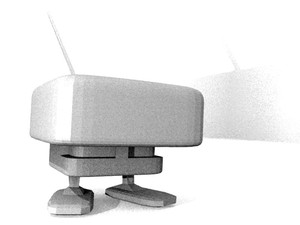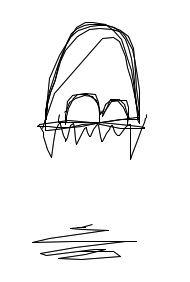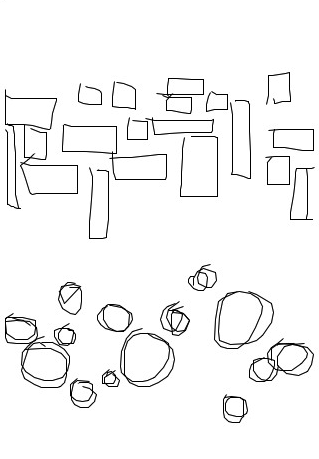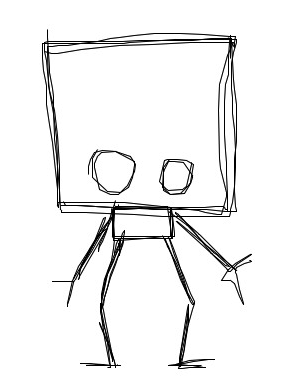Dec. 19, 2009
Ever since i read it listed in the copyright notice in the source code of the program Backupninja, I have been thinking over this statement:
"ownership is theft."
Obviously a very marginal viewpoint in this day, the general implication is that by owning something, anything, you are depriving others of that object, land, or resource.
I believe that this will one day reflect the majority viewpoint of the world, and that this will come to pass because of technological progress.
At the moment, much of the world is in the middle of idealogical turbulence over the nature of intellectual property - the ownership of ideas and virtual 'things' like computer programs and audiovisual data. Despite the best efforts of those with a vested interest in a view that is contrary to a reality where you can freely copy and share ideas and virtual goods, the popular consensus seems to be slowly settling on the belief that copying and sharing are not theft.
Pretty soon there is going to be another slow revolution around the idea of property, only next time it's going to concern physical goods, not virtual ones.
The germination of this impending revolution has already begun. A special kind of tinkerer is working away in their room, homebrewing crude rapid prototyping machines. These are machines that can take something virtual, and turn it into something physical. These machines are as rough at making objects as a young Microsoft was at making software, but like operating systems, they will get better and better. Eventually you will be able to print a pretty convincing pair of shoes, or cutlery set, or mp3 player. There are already startups commercialising this technology despite its infancy.
Coming at the same target from an industrial angle is the field of nanotechnology. We've long been promised Von Neumann self assembling machines, but mostly it's only delivered sunblock. And a heap of other great stuff, just not yet tiny robots. But we will have programmable self assembling stuff, and when we do, we won't know how we lived without it.
Anyway, the point is that we will eventually, probably sooner than you imagine, be able to make physical things, widgets, and objects as easily as we make software and digital data now. And we will be much, much better at software by then too.
Not only this, but there will be media surfaces everywhere. Electronic ink, bendable/wearable displays and screens will get cheap to the point that almost everything will be a display and almost everything will be an audio system. When that happens we won't always need to browse or to go into virtual worlds and social networking sites, but the virtual will come out here to meet us in reality, to augment our reality.
Through those processes much of what we think of as virtual will suddenly become very real, and we will exist in a world where just about everything important is copyable, trivially. The only way to truly own something in our old sense of the word will actually come to mean depriving others of a thing.
It's then that it will become obvious that ownership is theft.
